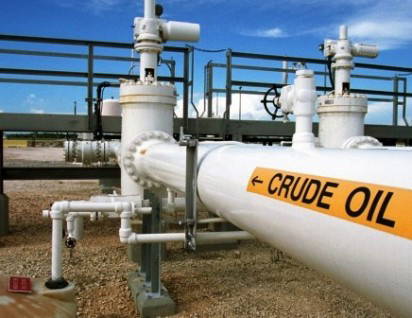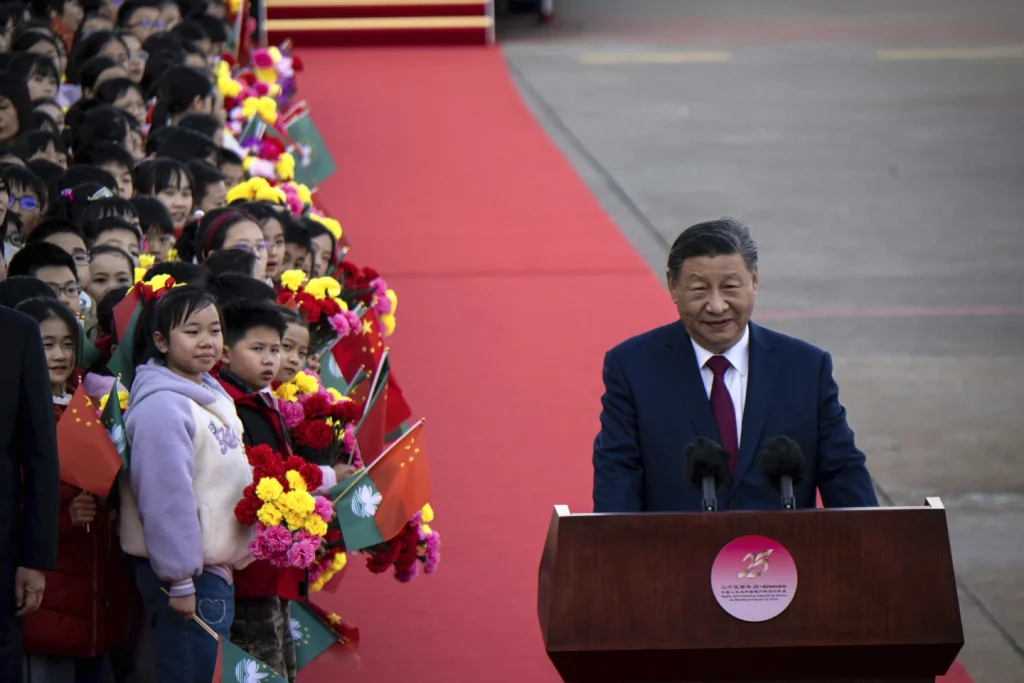South Sudan to Resume Crude Oil Production on January 8,Minister Announces

Juba, South Sudan – January 8, 2025
South Sudan is set to resume crude oil pumping today, January 8, 2025, after a period of suspension that has affected the nation’s vital oil sector. The announcement was made by the country’s Minister of Petroleum, Puot Kang, who confirmed that the government and oil operators have successfully addressed the issues that led to the halt in production in late 2024.
The restart of oil production is seen as a critical step for South Sudan, a country where oil is the backbone of its economy, accounting for over 40% of GDP and approximately 80% of the government’s revenues. The resumption comes at a time when South Sudan is facing economic challenges, including inflation and currency devaluation, which have been exacerbated by the disruption in oil output.
The Background of the Suspension
The halt in oil production was attributed to several operational and logistical challenges. These included technical difficulties with the oil infrastructure, disputes with local communities over environmental concerns, and intermittent security issues in the country’s oil-producing regions. The production stoppage had resulted in a significant loss of revenue for the government, affecting the nation’s ability to meet its budgetary needs and deliver essential services to its citizens.
Additionally, the oil pipelines that transport South Sudan’s crude to international markets have been a source of tension. While South Sudan relies on Sudan for the transit of its oil, disagreements over oil transit fees and logistical disruptions have often caused delays in both production and export.
Minister’s Statement
Minister Puot Kang expressed optimism about the future of South Sudan’s oil sector following the restart. In his statement, he emphasized the importance of oil revenues in the country’s ongoing development and economic stability. He also highlighted that the South Sudanese government, along with oil companies operating in the country, had worked diligently to resolve the issues that had caused the production stoppage.
“We are pleased to announce that oil production will recommence today,” Kang said. “This is an important milestone for South Sudan. Oil is the foundation of our economy, and this restart will bring much-needed revenue back into the country, helping us address pressing economic challenges.”
Kang also assured that the government was committed to ensuring the sustainable and secure production of oil, with increased efforts to address environmental and security concerns. The government has promised to cooperate with local communities and international partners to ensure that the production process is handled responsibly.
Economic Significance
The resumption of crude oil production is expected to provide immediate relief to South Sudan’s economy. With the country’s fiscal situation heavily reliant on oil exports, the restart will help stabilize government finances, fund development projects, and support the local currency. The government has also indicated that it will use the additional revenue to invest in infrastructure projects and social services, which had been hampered by the revenue shortfall during the production halt.
South Sudan’s oil exports, primarily through pipelines to Port Sudan in neighboring Sudan, are crucial for the nation’s foreign exchange earnings. Global oil prices are a key factor in determining the country’s revenue, and with production resuming, the government hopes to take advantage of favorable market conditions to bolster its financial position.
International Response
The international community has welcomed the news of the restart. The United Nations and international aid organizations have expressed cautious optimism, emphasizing that the stabilization of South Sudan’s oil production could lead to improved living conditions for many South Sudanese citizens, who have suffered from economic hardships due to the oil production freeze.
“We see the restart of oil production as a positive development, especially for the people of South Sudan,” said a representative from the United Nations Economic Commission for Africa (UNECA). “However, it will be important for the government to ensure that the benefits of this restart reach the broader population, particularly in terms of job creation, infrastructure, and basic services.”
Looking Ahead
The restart of oil pumping is a crucial step for South Sudan, but it is also part of a broader effort to secure long-term stability and growth for the nation. The government has indicated plans to explore ways of diversifying its economy to reduce dependency on oil revenues. Agriculture, manufacturing, and mining are sectors that South Sudan is keen to develop, in order to foster economic resilience and sustainability.
While oil production will remain the cornerstone of the country’s economy for the foreseeable future, ensuring that it is managed sustainably and responsibly will be a key challenge. South Sudan faces ongoing challenges related to corruption, governance, and security, and addressing these will be critical for the long-term success of the oil sector and the nation as a whole.
The government has pledged to prioritize the safety and well-being of its citizens, as well as the protection of the environment, as oil production resumes. As the country moves forward, all eyes will be on South Sudan’s ability to effectively manage its resources, build a more diverse economy, and improve the lives of its people.
Conclusion
The restart of oil pumping in South Sudan is a positive and significant development for the country. As the government works to restore the economy, the oil sector will remain a central part of its recovery strategy. With renewed focus on operational stability, security, and community engagement, South Sudan hopes to harness the full potential of its oil resources to drive growth and development in the years ahead.




